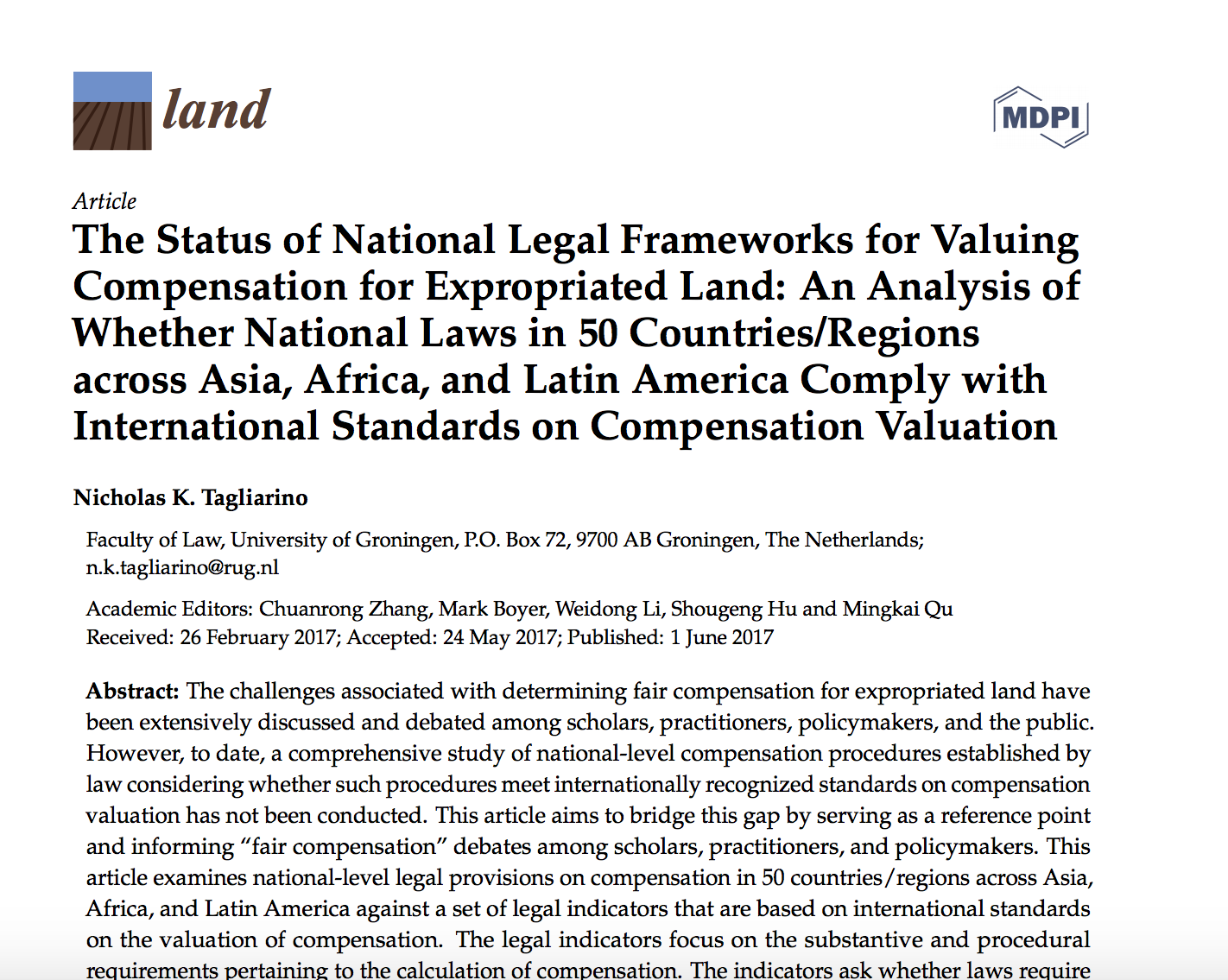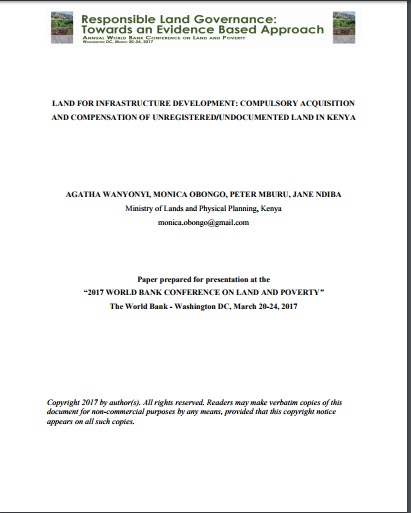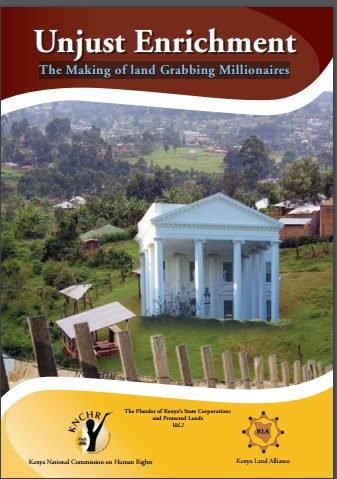Agricultural Holdings Act 1986 (Variation of Schedule 8) (England) Order 2016 (S.I. No. 2082 of 2016).
This Order amends Part 1 of Schedule 8 to the Agricultural Holdings Act 1986 as it applies to England. Section 64 of the Agricultural Holdings Act 1986 entitles the tenant of an agricultural holding, on termination of the tenancy and quitting of the holding, to compensation from the landlord for an improvement specified in Part 1 of Schedule 8 which the tenant has carried out on the holding.






